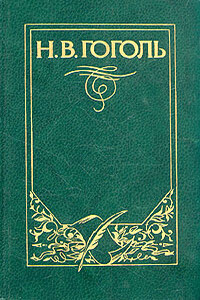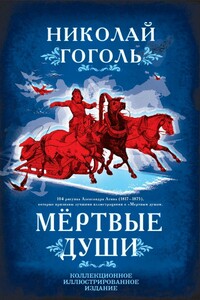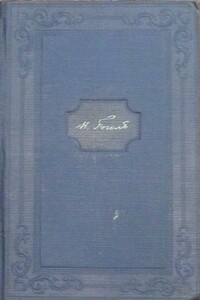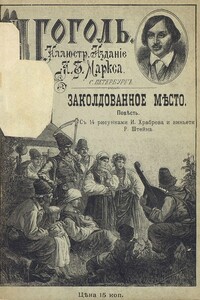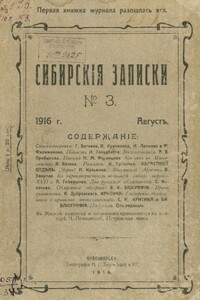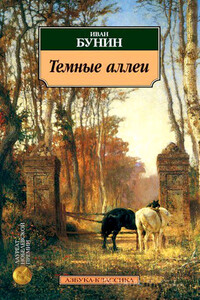|
| Who gave it to me for my country? | Кто дал мне ее в отчизны? |
| Our country is the one our soul longs for, the one which is dearest of all to us. | Отчизна есть то, чего ищет душа наша, что милее для нее всего. |
| My country is-you! | Отчизна моя - ты! |
| That is my native land, and I bear that country in my heart. I will bear it there all my life, and I will see whether any of the Cossacks can tear it thence. | Вот моя отчизна! И понесу я отчизну сию в сердце моем, понесу ее, пока станет моего веку, и посмотрю, пусть кто-нибудь из козаков вырвет ее оттуда! |
| And I will give everything, barter everything, I will destroy myself, for that country!" | И все, что ни есть, продам, отдам, погублю за такую отчизну! |
| Astounded, she gazed in his eyes for a space, like a beautiful statue, and then suddenly burst out sobbing; and with the wonderful feminine impetuosity which only grand-souled, uncalculating women, created for fine impulses of the heart, are capable of, threw herself upon his neck, encircling it with her wondrous snowy arms, and wept. | На миг остолбенев, как прекрасная статуя, смотрела она ему в очи и вдруг зарыдала, и с чудною женскою стремительностью, на какую бывает только способна одна безрасчетно великодушная женщина, созданная на прекрасное сердечное движение, кинулась она к нему на шею, обхватив его снегоподобными, чудными руками, и зарыдала. |
| At that moment indistinct shouts rang through the street, accompanied by the sound of trumpets and kettledrums; but he heard them not. | В это время раздались на улице неясные крики, сопровожденные трубным и литаврным звуком. Но он не слышал их. |
| He was only conscious of the beauteous mouth bathing him with its warm, sweet breath, of the tears streaming down his face, and of her long, unbound perfumed hair, veiling him completely in its dark and shining silk. | Он слышал только, как чудные уста обдавали его благовонной теплотой своего дыханья, как слезы ее текли ручьями к нему на лицо и спустившиеся все с головы пахучие ее волосы опутали его всего своим темным и блистающим шелком. |
| At that moment the Tatar ran in with a cry of joy. | В это время вбежала к ним с радостным криком татарка. |
| "Saved, saved!" she cried, beside herself. "Our troops have entered the city. They have brought corn, millet, flour, and Zaporozhtzi in chains!" | - Спасены, спасены! - кричала она, не помня себя. - Наши вошли в город, привезли хлеба, пшена, муки и связанных запорожцев. |
| But no one heard that "our troops" had arrived in the city, or what they had brought with them, or how they had bound the Zaporozhtzi. | Но не слышал никто из них, какие "наши" вошли в город, что привезли с собою и каких связали запорожцев. |
| Filled with feelings untasted as yet upon earth, Andrii kissed the sweet mouth which pressed his cheek, and the sweet mouth did not remain unresponsive. | Полный не на земле вкушаемых чувств, Андрий поцеловал в сии благовонные уста, прильнувшие к щеке его, и небезответны были благовонные уста. |
| In this union of kisses they experienced that which it is given to a man to feel but once on earth. | Они отозвались тем же, и в сем обоюднослиянном поцелуе ощутилось то, что один только раз в жизни дается чувствовать человеку. |
| And the Cossack was ruined. | И погиб козак! |
| He was lost to Cossack chivalry. | Пропал для всего козацкого рыцарства! |
| Never again will Zaporozhe, nor his father's house, nor the Church of God, behold him. | Не видать ему больше ни Запорожья, ни отцовских хуторов своих, ни церкви божьей! |
| The Ukraine will never more see the bravest of the children who have undertaken to defend her. | Украйне не видать тоже храбрейшего из своих детей, взявшихся защищать ее. |
| Old Taras may tear the grey hair from his scalp-lock, and curse the day and hour in which such a son was born to dishonour him. | Вырвет старый Тарас седой клок волос из своей чуприны и проклянет и день и час, в который породил на позор себе такого сына. |
| CHAPTER VII | VII |
| Noise and movement were rife in the Zaporozhian camp. | Шум и движение происходили в запорожском таборе. |
| At first, no one could account for the relieving army having made its way into the city; but it afterwards appeared that the Pereyaslavsky kuren, encamped before the wide gate of the town, had been dead drunk. It was no wonder that half had been killed, and the other half bound, before they knew what it was all about. |


